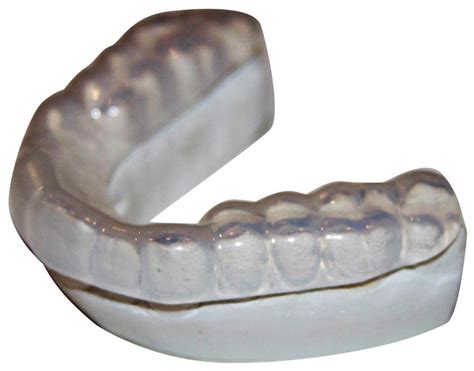Night Grinding & Night Guard Replacement: A Comprehensive Guide
Teeth grinding, also known as bruxism, is a common sleep-related disorder that can lead to significant dental problems. Many sufferers find relief with a night guard, but understanding when replacement is necessary is crucial for maintaining oral health. This comprehensive guide will explore the causes of night grinding, the benefits of night guards, and when it's time to replace your worn-out protector.
What Causes Night Grinding?
Bruxism can stem from various factors, making diagnosis and treatment multifaceted. While the exact cause isn't always clear, several contributing elements are frequently identified:
-
Stress and Anxiety: High levels of stress and anxiety are strongly linked to bruxism. The clenching and grinding often occur unconsciously as a physical manifestation of emotional tension.
-
Sleep Disorders: Sleep apnea, restless legs syndrome, and other sleep disturbances can increase the likelihood of teeth grinding. Disrupted sleep cycles might trigger unconscious jaw movements.
-
Medications: Certain medications, particularly those affecting the central nervous system, can list bruxism as a side effect. Always consult your physician if you suspect medication is contributing to your grinding.
-
Misaligned Bite: An improper bite (malocclusion) can cause uneven pressure on teeth, potentially leading to compensatory grinding. Orthodontic treatment might be necessary in these cases.
-
Genetic Predisposition: There's evidence suggesting a hereditary component to bruxism, with some individuals genetically predisposed to grinding their teeth.
The Benefits of a Night Guard
Night guards, also known as mouthguards or occlusal splints, offer significant protection against the damaging effects of bruxism:
-
Prevent Tooth Damage: The primary benefit is preventing wear and tear on tooth enamel, reducing the risk of chipping, cracking, or even tooth loss.
-
Reduce Jaw Pain: By cushioning the jaw joints, night guards alleviate temporomandibular joint (TMJ) disorders, minimizing jaw pain and headaches.
-
Protect Dental Work: Existing dental restorations, such as crowns, bridges, and veneers, are shielded from damage caused by grinding forces.
-
Improve Sleep Quality: For some individuals, reducing the discomfort associated with bruxism leads to improved sleep quality and reduced fatigue.
When Should You Replace Your Night Guard?
A night guard's lifespan depends on individual usage and the material it's made from. However, several indicators signal the need for replacement:
-
Visible Wear and Tear: Cracks, chips, or significant wear on the surface indicate a compromised protective barrier. A worn guard no longer provides adequate protection.
-
Loss of Fit: If the guard feels loose or uncomfortable, it may have deformed over time, losing its effectiveness. A proper fit is essential for optimal protection.
-
Changes in Bite: If you notice changes in your bite or jaw alignment, consult your dentist immediately. This may require adjustment or replacement of the night guard.
-
Discomfort or Pain: Continuing discomfort or pain while wearing the night guard suggests a problem that needs addressing, possibly requiring a new guard.
-
Regular Replacement Schedule: Even without visible damage, many dentists recommend replacing night guards every 6-12 months, or as recommended by your dentist. The materials degrade over time, even with proper care.
How Often Should I Replace My Night Guard?
How often should I replace my night guard? This depends on the material and the amount of grinding you do. Generally, every 6-12 months is a good guideline, but your dentist will provide personalized advice based on your specific situation. Regular checkups are crucial to ensure your night guard continues providing adequate protection.
What Are the Different Types of Night Guards?
What are the different types of night guards? Several types of night guards exist, each with its pros and cons:
-
Stock Night Guards: These are readily available over-the-counter and are the most affordable option. However, they may not provide the same level of comfort or protection as custom-made guards.
-
Boil-and-Bite Night Guards: These are slightly more customized than stock guards, as you mold them to your teeth using hot water. While more comfortable than stock guards, they might not be as precise as custom-made ones.
-
Custom-Made Night Guards: These are fabricated by a dentist based on impressions of your teeth. They offer the best fit and protection, but they are the most expensive option.
Can I Clean My Night Guard?
Can I clean my night guard? Yes, proper cleaning is essential to maintain hygiene and extend the lifespan of your night guard. Rinse your guard thoroughly with water after each use and brush it gently with a soft-bristled toothbrush and non-abrasive toothpaste. Avoid using harsh chemicals or hot water, as these can damage the material.
By addressing the causes of night grinding and proactively replacing your night guard when necessary, you can protect your teeth and maintain optimal oral health. Remember to consult your dentist regularly for professional advice and guidance on managing bruxism.

